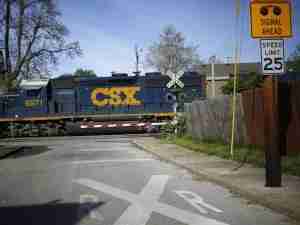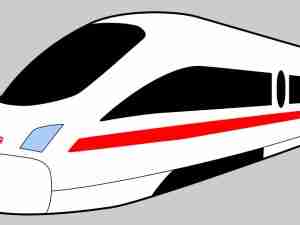Proposed cap-and-trade legislation will impose significant costs on the trucking industry and all consumers while doing little to reduce carbon emissions from trucking, American Trucking Associations (ATA) First Vice-Chairman Barbara Windsor said today at a press conference on Capitol Hill.
'ATA strongly supports efforts to reduce greenhouse gas emissions and make this country more energy independent,' said Windsor. 'However, the proposed cap-and-trade system simply will increase the cost of diesel fuel, while failing to reduce carbon emissions from the trucking industry.'
Windsor, who is President of Hahn Transportation in New Market, Md., explained that the legislation cannot reduce carbon emissions in trucks because the trucking industry is not a discretionary user of fuel. Proponents of cap-and-trade believe that increasing the price of fuel will encourage the use of more fuel efficient vehicles or alternative-fueled vehicles, but the trucking industry has no such options.
Windsor's remarks followed the release of a report by US Sens. Kay Bailey Hutchison (R-Texas) and Kit Bond (R-Mo.) that said a cap-and-trade policy like the one in the Waxman-Markey bill would asses $3.6 trillion in gas taxes on American families and businesses. This includes $1.3 trillion in diesel fuel taxes.
Trucks depend on diesel fuel to deliver nearly 70% of US freight and virtually every consumer good ' food, clothing, medicine, appliances ' at some point in the supply chain. Any substantial fuel cost increase imposed directly or indirectly on the trucking industry will cause the cost of all these essential products to rise.
Over the past two years, ATA has proposed several sustainability initiatives that would have a measurable and immediate effect on reducing greenhouse gas emissions. ATA supports enacting a nationwide 65 mph speed limit and providing incentives to facilitate the use of anti-idling equipment to reduce carbon emissions from the trucks. Reducing speed limits to 65 mph would save 2.8 billion gallons of diesel fuel and 8.7 billion gallons of gasoline and reduce CO2 emissions by more than 115 million tons over 10 years. Minimizing truck idling has the potential to reduce CO2 emissions by an additional 61.1 million tons. (ATA)






